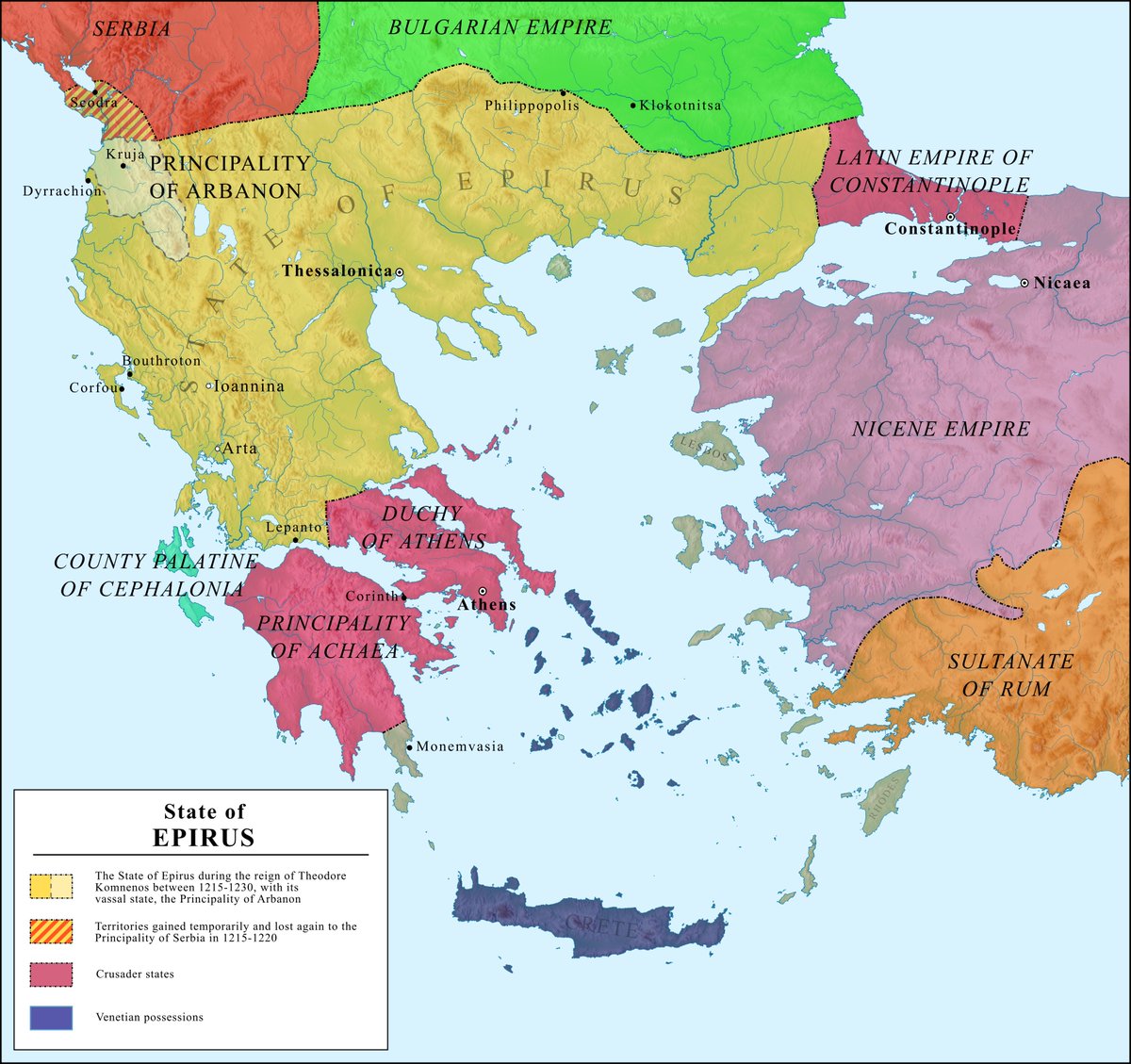
A nation under siege by invaders, foreign and local.
A veteran knight comes back from retirement to lead the nation.
A pivotal moment in the history of an island.
Story in the evening ...
A veteran knight comes back from retirement to lead the nation.
A pivotal moment in the history of an island.
Story in the evening ...
https://twitter.com/Arby_K/status/1455361587200466945
William Marshal was born around 1147 to John FitzGilbert, Master Marshal of the English King's household, and Sibyl de Salisbury, daughter of the Earl of Salisbury. It was a tumultous time in England with the Anarchy in full flow. 1/10 

Initially loyal to King Etienne, John FitzGilbert switched to Empress Matilda's side during the civil war. In 1152, after FitzGilbert's castle at Newbury was besieged by the King, young William, then his father's fourth and youngest son, was given away as a hostage. 2/10 

John FitzGilbert continued to fight the King though. Fortunately for William, the King decided not to execute the hostage. Meanwhile, the civil war got settled with Empress Matilda's son, Henri d'Anjou, nominated as King Etienne's heir. 3/10 

Later, Marshal went to Normandy and trained to be a knight with his mother's relative. By 1168, he had gained the reputation of a knight and became part of his uncle's retinue. Later the year, he accompanied his uncle to protect Queen Eleonore of England, when tragedy stuck. 4/10 

The rebellious Lusignans ambushed the Queen on the way to Poitiers. Though the Queen managed to escape, they killed Marshal's uncle and captured Marshal. Marshal was later ransomed by the Queen. Fortunately for Marshal, the incident brought him closer to the royal family. 5/10 

Marshal was attached to retinue of Young King Henri, the son of King Henri crowned as Junior King in 1170. The two got along really well, hitting the knight tournament circuit. Marshal was closely associated with the young King when he rebelled against his father as well. 6/10 

Though the young King's rebellions failed (He died in 1183), Marshal managed to stay in good grace with the King. In 1189, when the King had to deal with another rebellious son, Marshal was there to protect his escape and unhorse a chasing Prince Richard. 7/10 

Marshal retained an important role in the court even when Prince Richard became King Richard, and his role continued under Richard's successor, King John. Marshal backed John's claim to the throne over John's nephew. For his support, King John made Marshal Earl of Pembroke. 8/10 

But by 1205, Marshal was well out of favour. His lands in Ireland (Received thanks to his Pembroke connection) were razed by King's agents. But the King needed him when the Barons, backed by France, rebelled in 1215. When he died 1216, Marshal supported 9 year old Henry III. 9/10 

Marshal's backing proved crucial in changing the tide of war. When French Crown Prince Louis and the rebellious Barons attacked England, it was 70 year old Marshal who led the English to victory at Lincoln. A further defeat at sea and the invaders retreated back to France. 10/10 

• • •
Missing some Tweet in this thread? You can try to
force a refresh


















